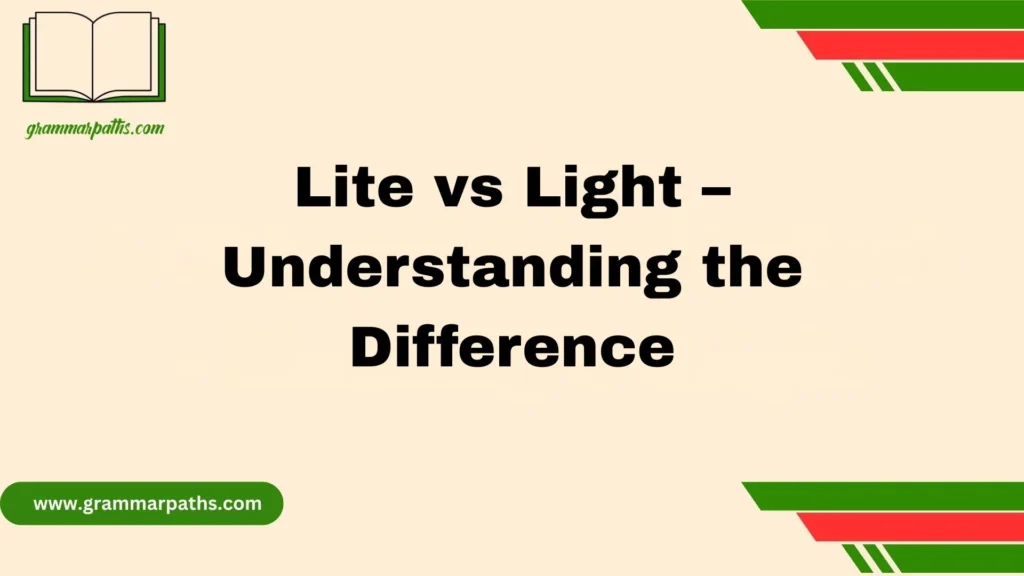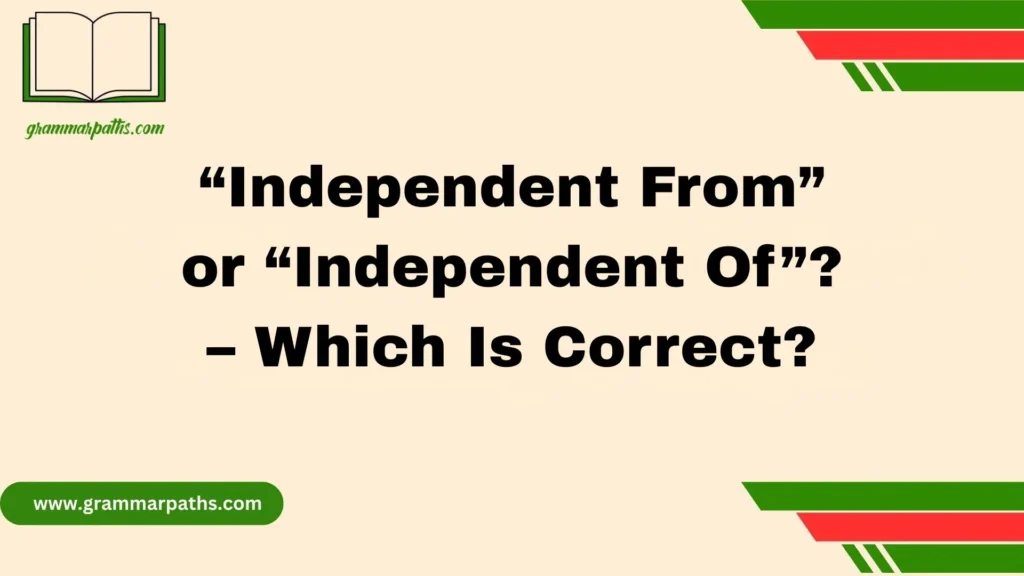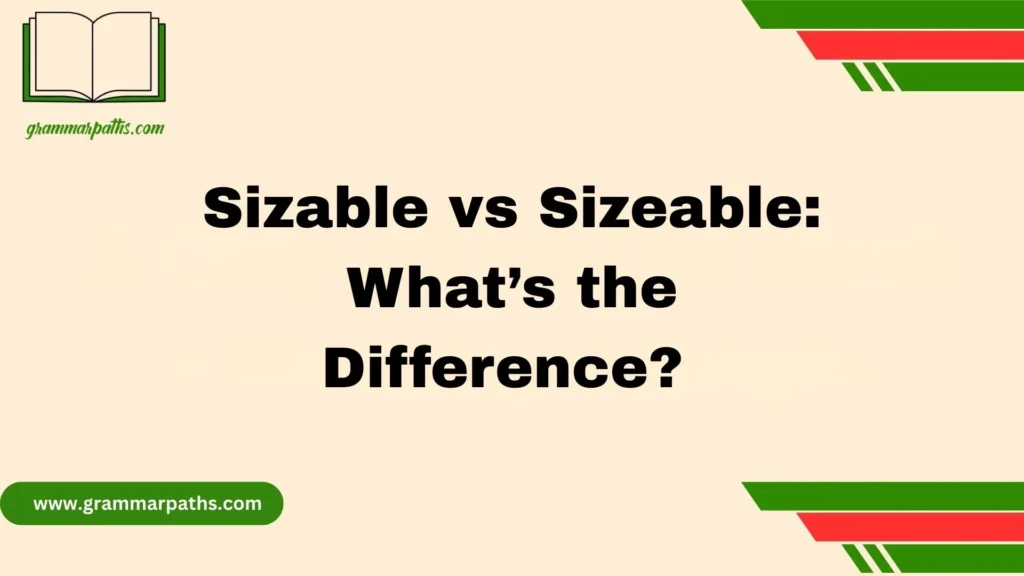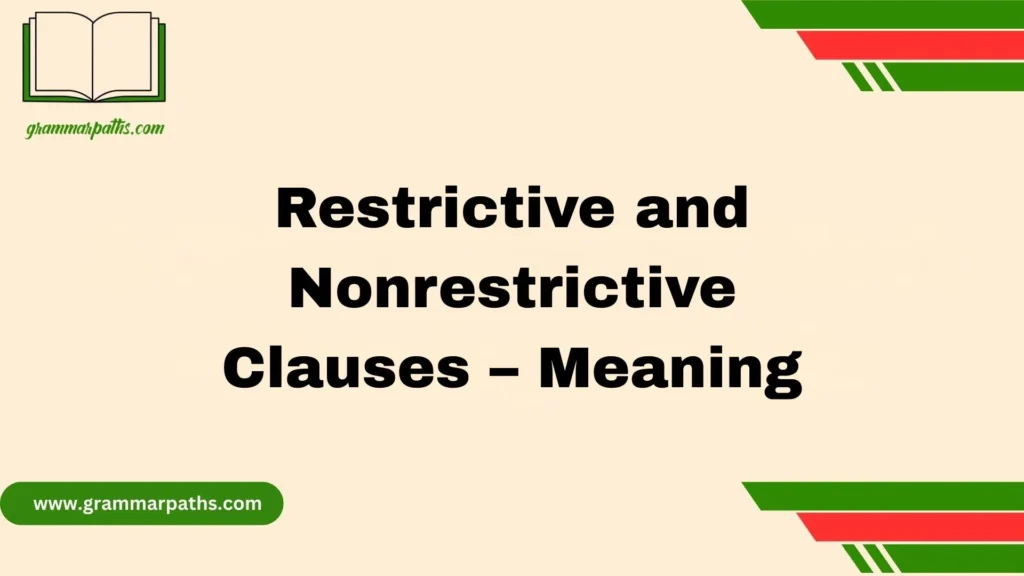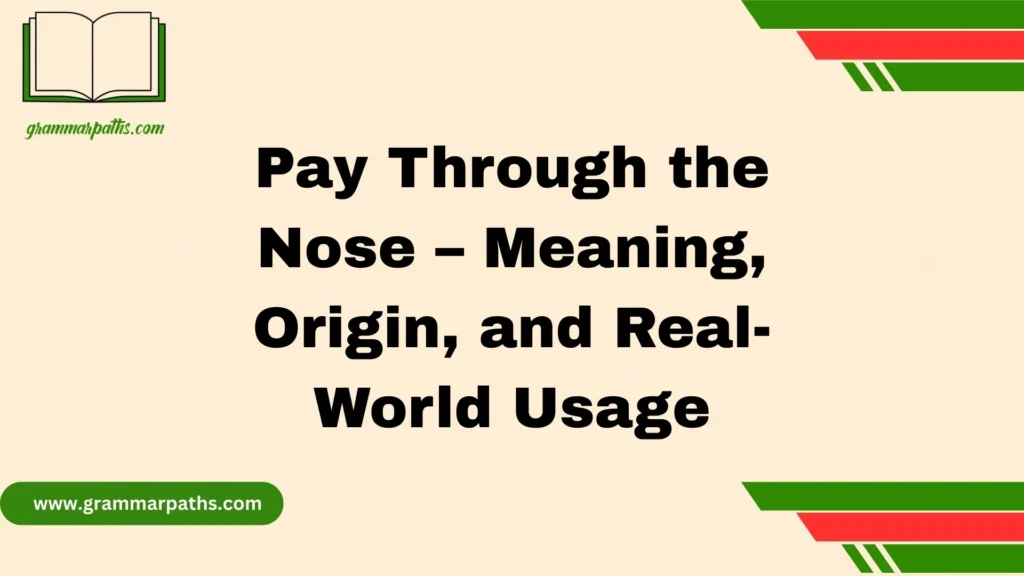The idiom “playing with fire” is a powerful metaphor used to describe situations where someone takes dangerous risks or engages in reckless behavior that could lead to serious consequences. When someone is said to be playing with fire, it doesn’t mean they are literally handling flames—instead, they are acting in a way that is likely to result in harm, whether emotionally, physically, legally, or socially. This figurative expression is common in everyday English and is often used to warn someone about the potential fallout of their actions.
Understanding the “playing with fire” idiom meaning is essential for grasping the nuances of English language and idiomatic speech. The phrase implies that just as fire can burn and destroy, certain choices can backfire if not handled with caution. It’s often used in conversations about relationships, business decisions, or risky ventures.
This blog post will dive deep into the playing with fire idiom definition, explore its origin, real-life usage, related expressions, and provide examples to help you fully understand how to use this idiom correctly. Whether you’re a language learner or a native speaker, this guide will clarify the symbolic meaning of this dramatic idiom.
What Does “Playing with Fire” Really Mean?
At its core, playing with fire implies taking actions that invite danger or severe consequences. It often suggests conscious recklessness. When someone says, “You’re playing with fire,” they’re flagging your choices as risky—and hinting that disaster may be near.
Key Aspects
- Intentional risk: Choosing behavior with clear hazards
- Severe outcome: Not minor trouble, but serious fallout
- Warning tone: Usually means “I’d steer clear of that”
This idiom helps people communicate threat without stating it plainly. It leverages the emotional impact of fire—unpredictable, destructive, and dangerous.
Where Did the “Playing with Fire” Idiom Come From?
Tracing back centuries, the idiom taps into ancient human experiences with fire—essential for survival, yet terrifying if mishandled.
| Period | Context |
| Prehistoric Era | Fire mastered by early humans, both life-saving and deadly |
| Ancient Myths | Greek tales: Prometheus stole fire—paid a brutal price |
| 16th–17th Century | Written warnings: “to play with fire” surfaced in English text |
| 19th–20th Century | Gained popularity in essays, speeches, courtroom rhetoric |
Mythological basis: Prometheus represents that thin line between benefit and catastrophe.- Recorded usage: Writers repeatedly leveraged the phrase to warn of moral or existential risk.
- Cultural spread: Became idiomatic in everyday speech across English-speaking nations.
Day by day, playing with fire evolved into a go-to idiom for any act where the stakes are too high.
Modern Meanings vs Traditional Usage
The idiom has retained its core impact while expanding into new contexts.
- Traditional sense: Ignoring true danger—e.g., carelessly handling a flame.
- Modern sense: Covers emotional, social, digital, or financial risk.
Contemporary Examples
- Social media
- “Posting that late-night rant is playing with fire.”
- “Posting that late-night rant is playing with fire.”
- Finance
- “Trading without research? That’s playing with fire.”
- “Trading without research? That’s playing with fire.”
- Relationships
- “Getting back with an ex without closure—definitely playing with fire.”
- “Getting back with an ex without closure—definitely playing with fire.”
Despite the different arenas—finance, love, tech—the phrase still screams: You’re flirting with high consequences.
Examples of “Playing with Fire” in a Sentence
Here are natural, active sentences showing how people might use this idiom:
- Personal relationships: By texting that secret message, she’s playing with fire.
- Workplace risks: He’s playing with fire by ignoring safety rules at the factory.
- Politicians: Announcing tax cuts without a plan—playing with fire in the budget.
- Technology: Leaving login credentials exposed online is playing with fire.
- Parenting: Not checking your teen’s online contacts? You’re playing with fire.
- Health: Mixing prescription meds without medical advice—playing with fire.
Tip: Use the idiom at the beginning (“Playing with fire, he borrowed money…”), middle, or end of a sentence. Context changes but impact stays strong.
Synonyms & Similar Idioms
While playing with fire is attention-grabbing, other idioms convey similar risk in varied tones:
| Idiom | Meaning | Typical Use Case |
| Walking a tightrope | Balancing between two dangers | Politics, workplace ethics |
| Tempting fate | Inviting disaster or misfortune | Gambling, overconfidence |
| Skating on thin ice | Risking reputation or position | Diplomacy, career moves |
| Jumping out of the frying pan | Escaping one risk but entering another | Complex decisions |
| Digging your own grave | Creating your own downfall | Financial mistakes, lies |
When to Use Which
- Use walking a tightrope when managing delicate situations
- Choose tempting fate for surplus confidence or arrogance
- Opt for skating on thin ice for strained relations or reputation
Cases When You Should Not Use “Playing with Fire”
This idiom packs emotional heat, but dialing its tone matters.
Inappropriate Use Cases
- Formal writing – Academic essays or medical reports need neutral language.
- International communication – Non-native speakers might misunderstand.
- Serious settings – Like legal texts or clinical diagnoses, where clear language is essential.
Alternative choices:
- Instead of casual metaphor: “That may have unintended consequences.”
- For formal caution: “Such actions involve severe legal risk.”
“Playing with Fire” in Media & Literature
This idiom often headlines creative works—music, movies, books—because it evokes intensity.
- Movies: Playing with Fire (2019 family-comedy film)
- Music: Eddie Grant’s song “Playing with Fire”—warns of personal risk
- Books: Playing with Fire by Katie Price—metaphor for chaotic life
- Quotes:
- Martin Luther King Jr.: “When you play with fire, you get burned,” used to discuss moral danger (citation needed).
- Martin Luther King Jr.: “When you play with fire, you get burned,” used to discuss moral danger (citation needed).
These titles pull you in, hinting at drama, suspense, or troubled characters.
Psychological Insight: Why the Phrase Has Emotional Power
Our minds react sharply to fire imagery. It’s ancient survival wiring:
- Neurological reaction: Our brains light up when we hear danger-related words like “fire.”
- Metaphorical shortcut: Idioms let speakers bypass dry warnings and hit emotional core.
- Psychological impact: Faster cognitive connection—you understand risk immediately.
Analogy: Idioms work like emotional shortcuts, giving vivid context in a single phrase, much like using a shortcut on a map to skip unnecessary roads.
Cultural Variations of the Idiom
While English uses playing with fire, other languages add their own cultural twist.
| Language | Idiom Equivalent | Literal Translation |
| Spanish | Jugar con fuego | Play with fire |
| French | Jouer avec le feu | Play with fire |
| German | Mit dem Feuer spielen | Play with the fire |
| Chinese | 玩火 (wán huǒ) | Toy with fire |
| Arabic | يلعب بالنار (yalʿab bialnar) | Play with fire |
Common theme: Fire = danger across cultures. That universal metaphor gives this idiom global reach.
Common Mistakes When Using This Idiom
Avoid overusing or misplacing it—especially in tone or context.
Frequent Missteps
- Overdramatizing mild issues
- “Missing one email? You’re playing with fire!” → Too intense
- “Missing one email? You’re playing with fire!” → Too intense
- Grammar errors
- Wrong: “Playing with fires is dangerous.”
- Correct: “Playing with fire is dangerous.”
- Wrong: “Playing with fires is dangerous.”
- Tone mismatch
- Too intense in professional emails—could sound accusatory
- Too intense in professional emails—could sound accusatory
Tip:
- Use active voice: “You’re playing with fire”
- Match tone to context: energetic in casual talk, subtle in formal writing
Idioms and Emotional Intelligence
Using idioms like playing with fire can show emotional understanding when done thoughtfully.
- Expressive language: Idioms paint clear emotional pictures
- Relational cues: They signal shared understanding of risk
- Empathy tool: Recognizing others’ risks—though it could alienate if misused
Case Study
Before: “Your fancy investment strategy might fail.”
After: “You’re playing with fire with that strategy.”
Impact: The second delivers a visceral warning.
Takeaway: Metaphors connect emotionally.
ESL Teaching Tips for “Playing with Fire”
If you’re teaching idioms to learners, concrete strategies help make them stick.
Effective Activities
- Roleplay
- One student “plays with fire”, the other warns them—practice tone and response.
- One student “plays with fire”, the other warns them—practice tone and response.
- Image Cards
- Show risky scenarios; learners use the idiom to describe them.
- Show risky scenarios; learners use the idiom to describe them.
- Story Prompts
- “Describe a time when you played with fire.” Encourages real usage.
- “Describe a time when you played with fire.” Encourages real usage.
Explanatory Strategies
- Literal vs figurative
- Show images of actual fire, then evolve toward metaphorical usage.
- Show images of actual fire, then evolve toward metaphorical usage.
- Connect with experience
- E.g., “You texted while driving—were you playing with fire?”
Learners grasp idioms faster when they tie them to feelings and visuals.
FAQS:
What does it mean when someone says you’re playing with fire?
When someone says “you’re playing with fire,” they mean you’re taking a dangerous risk that could have serious consequences. It implies you’re knowingly getting involved in a risky or harmful situation.
What is an example of playing with fire?
An example would be flirting with a married coworker—it might seem exciting, but it’s a risky move that could lead to heartbreak or trouble at work. Another example is ignoring safety rules in a hazardous job.
What is it called to play with fire?
To “play with fire” is an idiom that refers to engaging in risky behavior or testing boundaries where the outcome could be harmful or dangerous.
What is the figurative language of playing with fire?
“Playing with fire” is a metaphor in figurative language. It compares risky behavior to handling fire, which can seem harmless at first but quickly become destructive.
What is the idiom of playing with fire?
The idiom means getting involved in something dangerous or reckless, often while being fully aware of the possible negative consequences.
What is a person that plays with fire?
A person who plays with fire is someone who acts recklessly, takes dangerous risks, or ignores warnings—often out of arrogance, curiosity, or thrill-seeking.
Final Thoughts:
The idiom “playing with fire” serves as a vivid warning about the dangers of risky behavior and reckless choices. It reminds us that certain actions, while tempting or exciting, can lead to unintended consequences if not approached with caution and awareness. Whether used in personal relationships, financial decisions, or moral dilemmas, this phrase conveys a universal truth: when we flirt with danger, we often get burned.
By grasping the playing with fire idiom definition, you’re not just expanding your vocabulary—you’re also gaining insight into how language reflects human behavior and experience. Understanding idioms like this helps improve your English fluency, making your communication more expressive, relatable, and nuanced.
So next time you hear someone say “you’re playing with fire,” remember—it’s not about literal flames, but about the hidden risks behind bold actions. Use this idiom wisely to convey serious warnings, emotional tension, or dramatic stakes in both speech and writing. Language is powerful, and idioms like this one help us navigate complex emotions and decisions with clarity and impact.

Emma Brooke is a passionate language expert and contributor at GrammarPaths.com, where she helps learners navigate the complexities of English grammar, idioms, and effective writing. With a strong academic background and years of teaching experience, Emma excels at turning tricky grammar rules into simple, practical lessons that readers can easily grasp.

